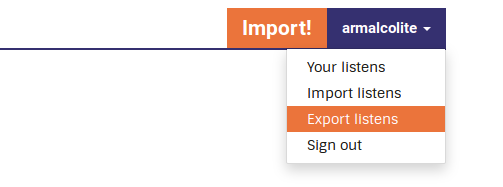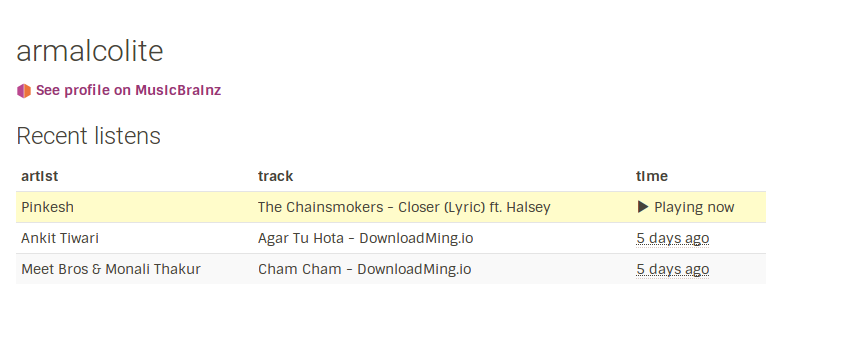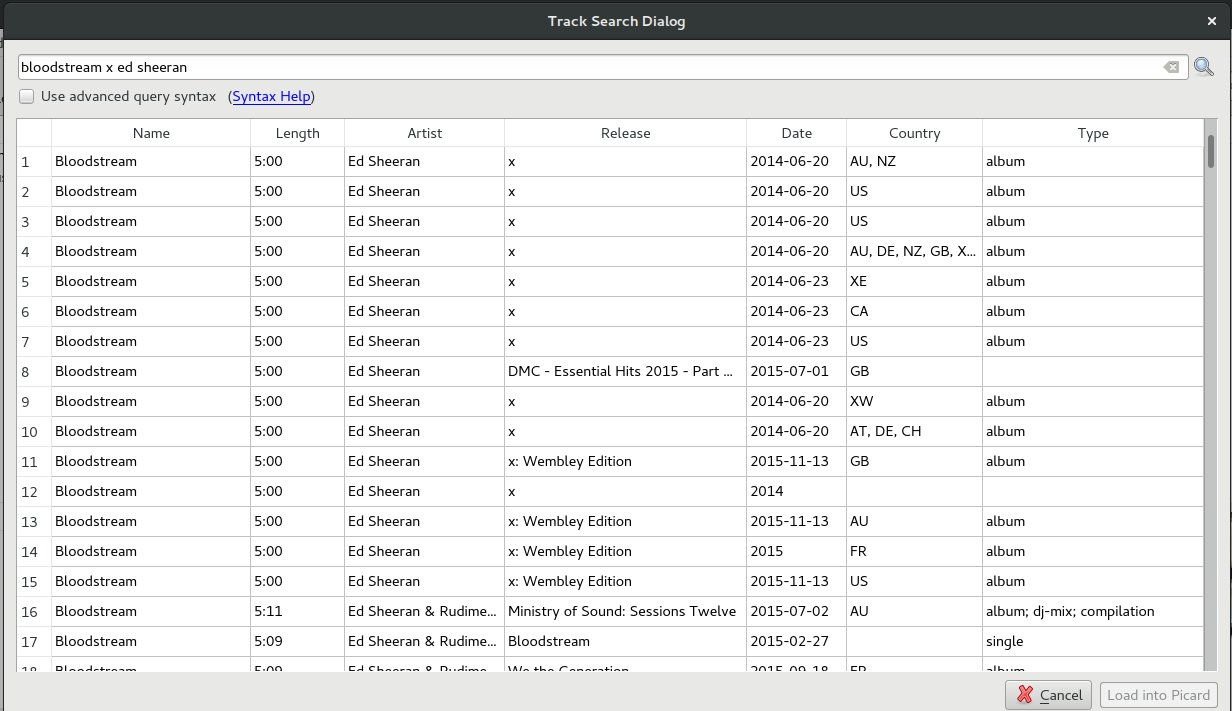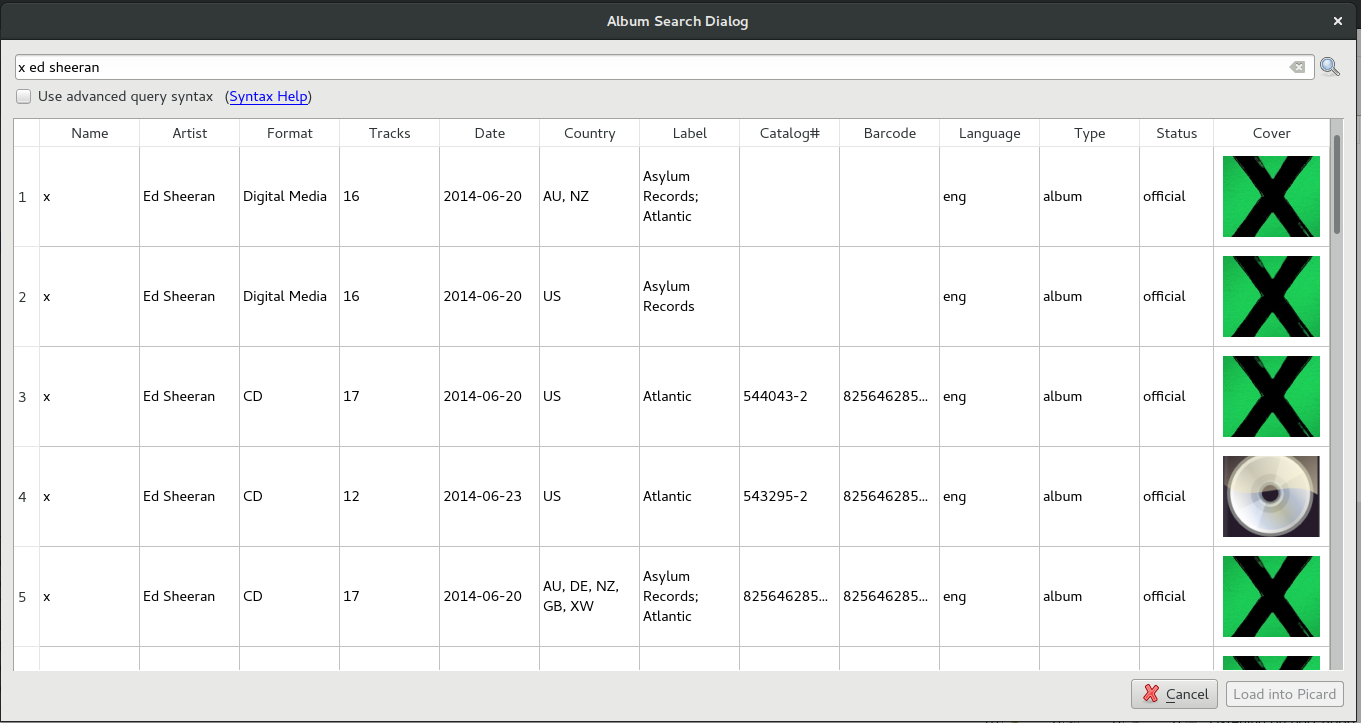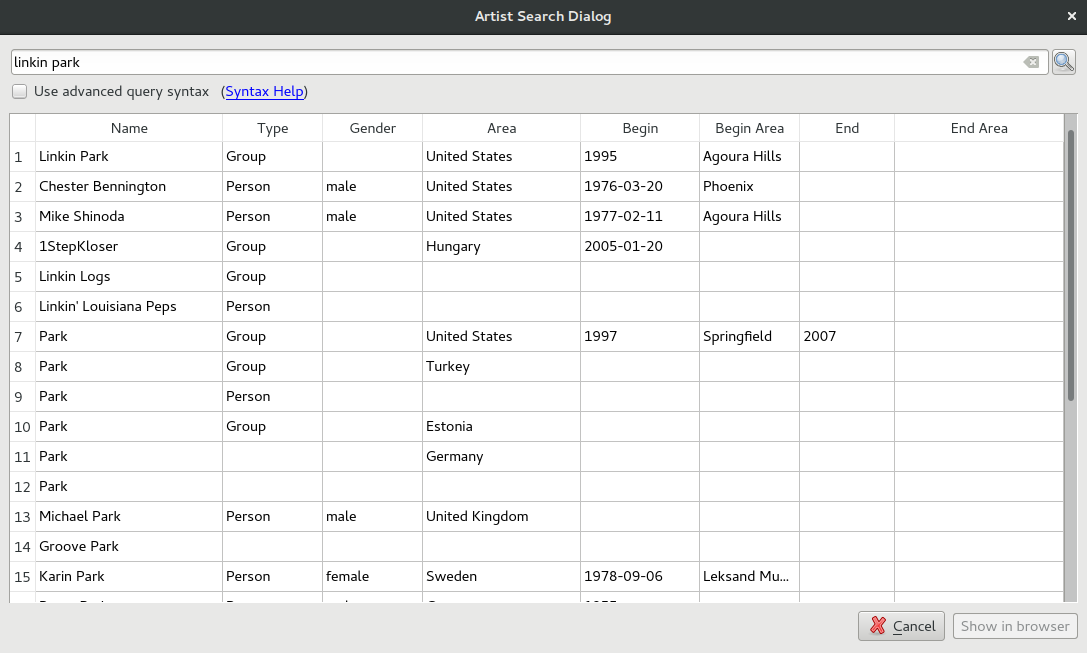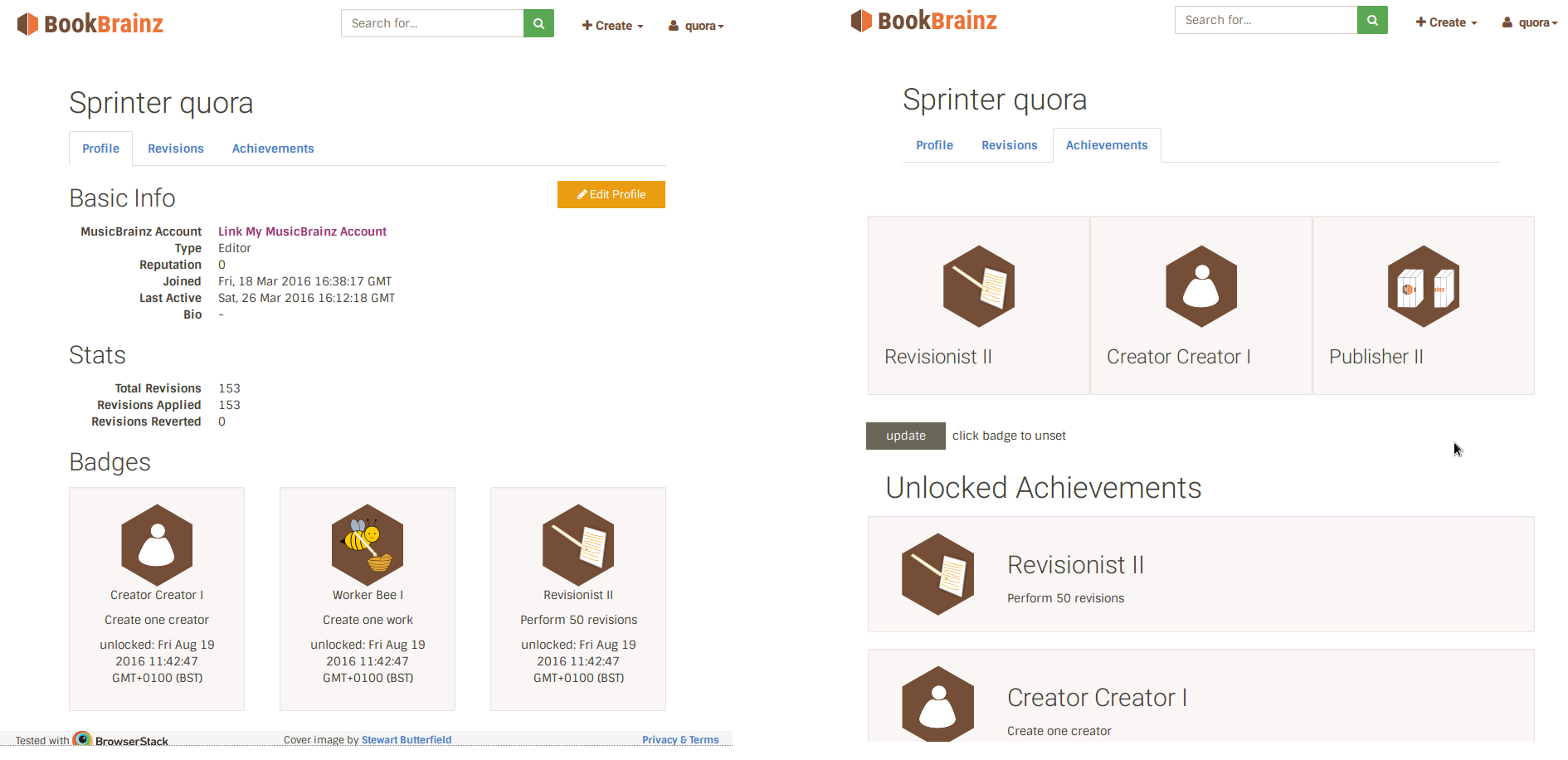Back in 1998 when I started playing with Perl and wrote the CD Index (the pre-cursor to MusicBrainz). I was learning web development and had little understanding of web design. The tools I was using were primitive at the time and the results were cringeworthy and have not withstood the test of time.
Fast forward some 18 years and we’ve arrived at the current MusicBrainz site design — there have been minor facelifts over time and a bigger one once we released NGS back in 2011. But really, the site design hasn’t changed much and we’ve kept gluing features and new bits of data onto the crappy design, leaving us with the current mess of a UX experience we know as the modern MusicBrainz.
Our community has been asking us to improve UX for a long time — we need to:
• Empower our community with better tools for developing, editing, viewing the magnificent data that we have.
• Build a stronger foundation for further development, interaction, and extension of our projects in future
• Make our projects more welcoming to newcomers, by lowering the learning curve as well as keeps the workflow of an advanced editor intact.
Fortunately for us, Chhavi [a design student from IIT, India] has become an active contributor to the MetaBrainz projects. She has been studying our sites and how we work as a team and has volunteered to drive the process to fix the UI and the user experience issues on the MusicBrainz site. She has proposed a part of this work as her Google Summer of Code project.
Our overall goal as a team is to create a design system which will help the designers and developers stay in sync, give a more unified theme to our projects, and make it easier for new contributors to join our projects. This will also make it much easier for our developers to address your requests for features/bug fixes faster in the future.
We are not barging into your online lives and trying to make our sites pretty — instead, we are focusing on the real experiences you have with them. We held long detailed conversations during our last summit in Barcelona, where Chhavi was also present and discussed a lot of concerns that might be running in your head while you read this. As part of this initiative, we have been interviewing a number of key members of our project to understand what we and our users really need from this revamp. We have also kept track of community discussions around this topic. From this we decided that our users fall into three broad categories:
-
There are those who contribute to code and understand database tech.
-
Experienced/advanced MusicBrainz editors who don’t understand database tech.
-
New users, who feel hopelessly lost in the current scenario.
To make all this research/discussion/feedback available for everyone to go through, we have started a Jira issue type Design that tracks all the design related tickets of MusicBrainz. The most notable tickets that show mock-ups of future MusicBrainz pages include:
- Redesign of “Artist” Overview Page: Read the detailed behind-the-scenes of the beautiful new artist page!
- Redesign of “Release Group” Page: The new release group page, still a work in progress.
When you look at these pages, please keep in mind that we’re trying to clean up the clutter and to make things simple and clean. Easier to understand for an experienced editor or a new one. The data that we have should be presented in a way that makes sense. The data should present the gaps and holes that it presently has, for people to be able to improve the data gaps. Data should also be our binding link to exploit the full potential of the projects that we have, such as ListenBrainz or CritiqueBrainz.
We are not trying to fluff things up and make them look pretty. Prettiness might come with the simplicity that we are chasing. Having user flows that do not hamper the speed and makes our life easier, is our utmost goal.
That said, we are happy to receive feedback on the upcoming designs as well as the process– if you have any, please post your comments to the appropriate tickets in Jira that we linked above. We’re currently getting some pressing dev tasks out of the way before we start the actual implementation of the redesigned project. Once our team is ready to work on this, we will public more blog posts about how this project will unfold and how it will impact our users.





 On successful import of listens from backup, you’ll get the following notification.
On successful import of listens from backup, you’ll get the following notification.
